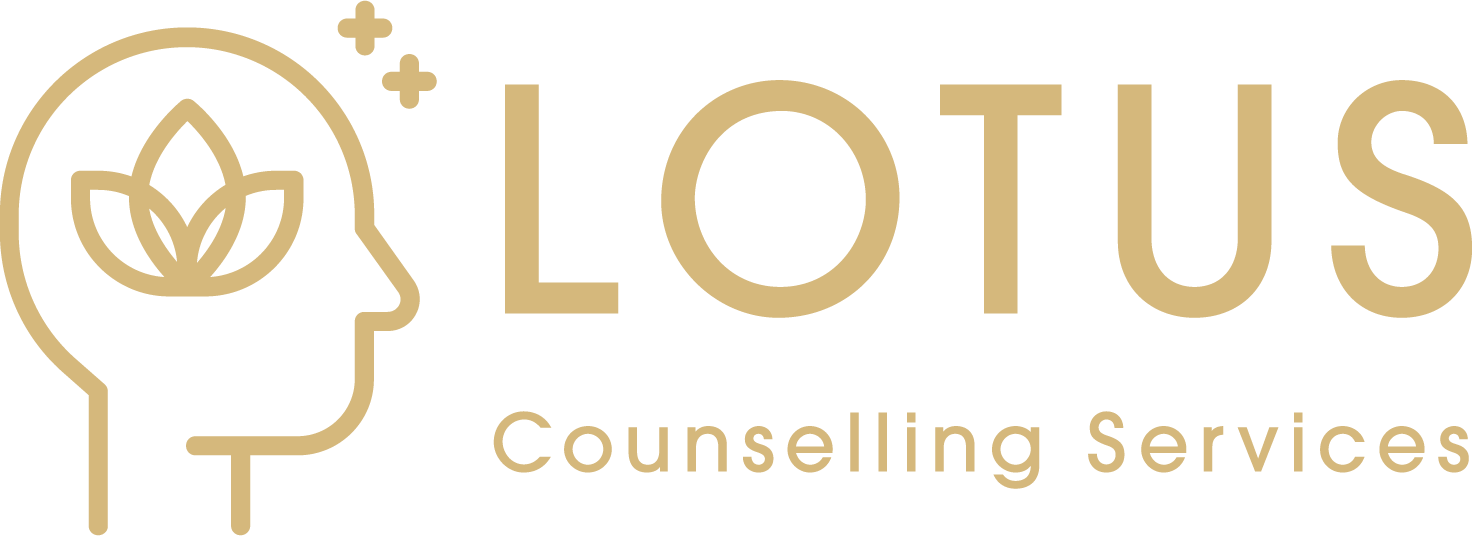Sleep Hacks for Mental Wellbeing
The importance of sleep quality for our mental health is being increasingly emphasized across health care professionals. In fact, sleep plays a crucial role in maintaining our overall health and well-being. The quality of our sleep can significantly impact our mood, cognitive function, and emotional resilience. However, many people struggle with getting enough restful sleep. Here are some practical sleep hacks to help improve your sleep quality…1. Establish a Consistent Sleep Schedule
One of the most effective ways to improve your sleep is to go to bed and wake up at the same time every day, even on weekends. This helps regulate your body's internal clock, making it easier to fall asleep and wake up feeling refreshed.
2. Create a Relaxing Bedtime Routine
Developing a calming pre-sleep routine can signal to your body that it's time to wind down. Activities such as reading a book, taking a warm bath, or some gentle stretching can help relax your mind and body, preparing you for sleep.
3. Optimize Your Sleep Environment
Your bedroom should be your sacred sleep zone. This means keeping the room cool (16-18 degrees), dark, and quiet. Consider using blackout curtains, earplugs, or a white noise machine to block out disturbances. If you are able to invest in a comfortable mattress, pillows, or bedding that supports restful sleep.
4. Limit Exposure to Screens Before Bed
The blue light emitted by phones, tablets, and computers can interfere with your circadian rhythm (your internal clock) and your body's production of melatonin (the hormone that regulates sleep). Try to avoid screens at least an hour before bedtime. Instead, engage in activities that promote relaxation, such as reading or listening to calming music.
5. Be Mindful of Your Intake
What you take in before bed can affect your sleep. Avoid large meals, caffeine, cannabis and alcohol close to bedtime, as these can disrupt your sleep cycle. Instead, opt for a light snack if you're hungry, and try calming beverages like herbal tea.
6. Get Regular Exercise
Physical activity can help you fall asleep faster and enjoy deeper sleep. If you can aim to exercise for at least 30 minutes most days of the week that is ideal, but try to avoid vigorous workouts close to bedtime, as they can have a stimulating effect.
7. Light and Dark
Getting exposure to light in the morning and limiting exposure to light at night are helpful tools to regulate your circadian rhythm. In the morning, try to get outside and get some sunlight, this essentially shows your body ‘it’s morning’ time to wake up. At bedtime, try to limit exposure to light by using black out curtains or an eye mask to indicate to your internal clock ‘it’s bedtime’ time to sleep.
8. Limit Naps
While short naps can be beneficial, long or irregular napping during the day can negatively affect your nighttime sleep. If you need to nap, try to keep it to 20-30 minutes and avoid napping late in the day. If you are struggling with insomnia, try to avoid naps altogether.
9. CBT for Insomnia
If you've tried these sleep hacks and still struggle with sleep or have insomnia, consider seeking help from a professional at Lotus Counselling or ask your doctor for a referral to a sleep study. Sleep disorders, such as insomnia or sleep apnea, can significantly impact your mental health and may require specialized treatment.
Quality sleep is essential for maintaining mental health and overall well-being. By incorporating these essential sleep hacks into your routine, you can improve your sleep quality and enjoy the mental health benefits that come with a good night's rest.
Contact us today to learn more about our services and how we can support your journey to better mental health.

